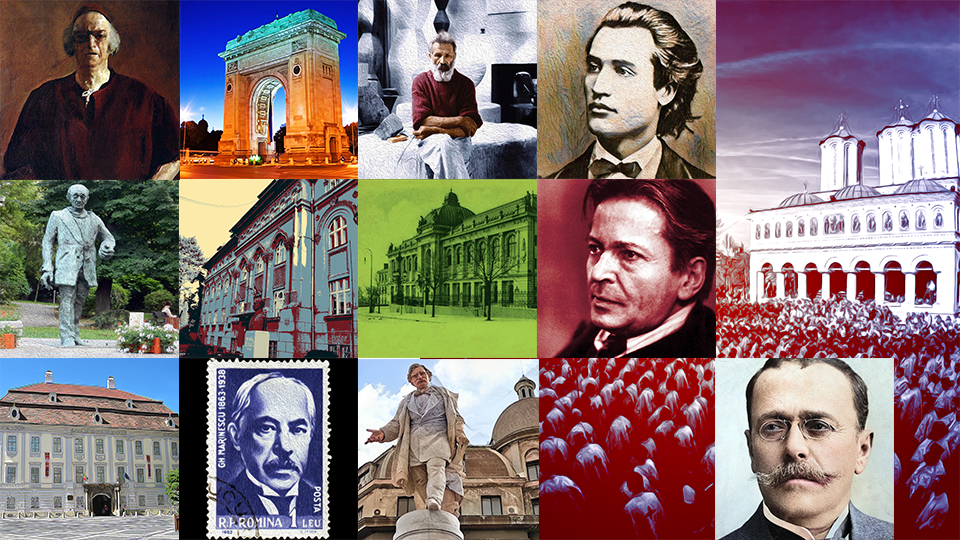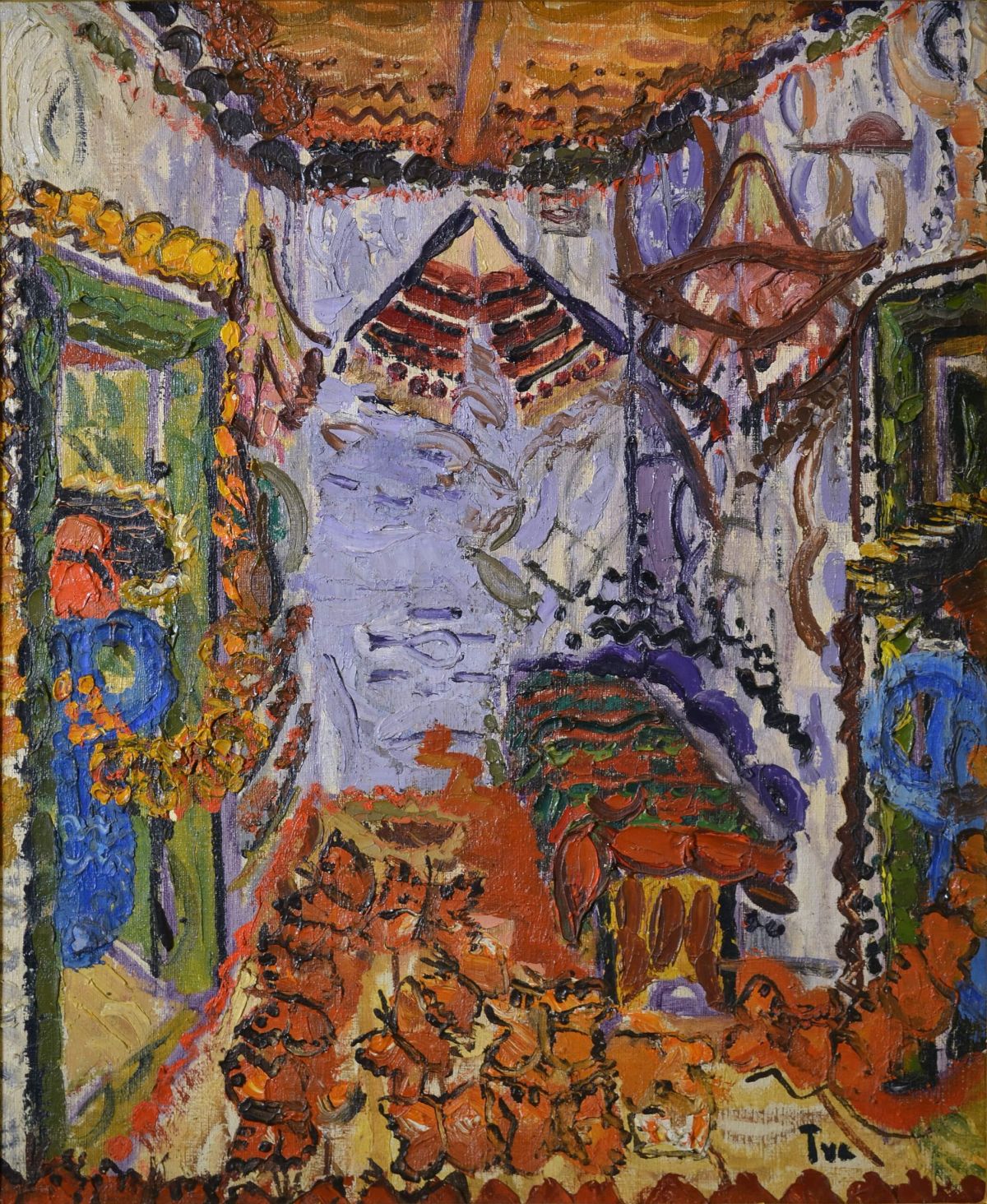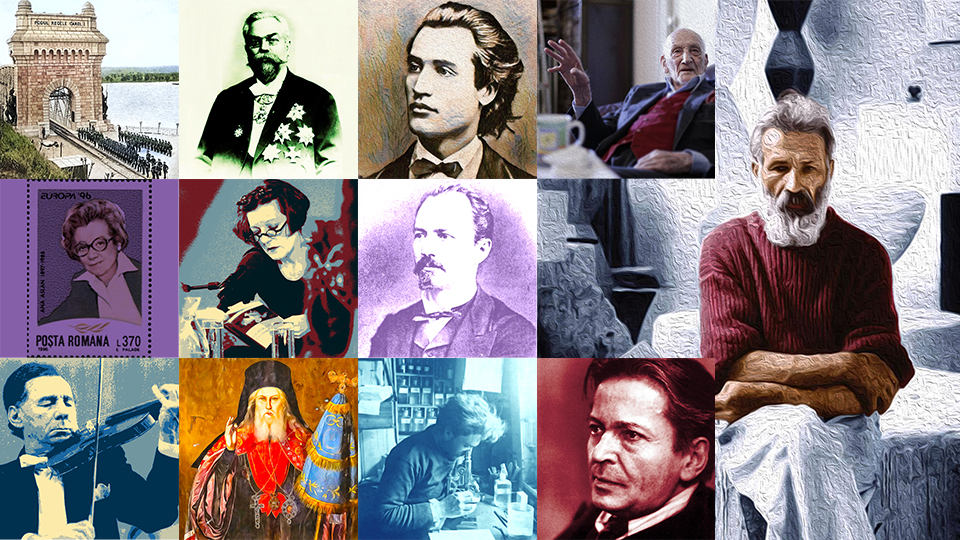A victim of communism: Gheorghe Ene Filipescu
A Romanian inter-war rags to riches story, Gheorghe Ene Filpescu died in communist prisons.

Christine Leșcu, 03.09.2022, 14:00
For some years, the writer and Anglicist Monica Pillat has undertaken to reconstruct her family’s recent history. The granddaughter of the poet Ion Pillat, she is related on her father’s side to the Brătianu family, from among whose ranks hailed some of Romania’s greatest politicians. Her foray into her family’s history began with a biography of her father, Dinu Pillat, a leading inter-war intellectual who spent time in the communist prisons in the early 1960s because he wrote a novel whose theme was not to the liking of the Communist Party.
In 2021, Monica Pillat published a book about her family on her mother’s side, focusing on her grandfather, Gheorghe Ene Filipescu. Born in 1884, the latter hailed from a poor peasant family. When he was very young, he left barefoot from Oltenița to Bucharest to find employment, although he still didn’t know how to read or write. He was hired as an apprentice in a shoe making workshop and years later would himself open his own luxury shoe workshop on Calea Victoriei, in the very centre of the capital city. In 1929, Gheorghe Ene Filipescu won an important award in Barcelona in recognition of his achievements, and, back home, he was elected president of the Professional Trade Union of Shoe Makers in Romania. He also became a member of Parliament on behalf of the Social Democratic Party.
Horia Roman Patapievici tells us more about this fascinating figure:
He is the embodiment of a success story from inter-war Romania. He was a man who started out from the bottom of the ladder and rose through decency and talent. We recognise in his rise the fulfilment of a person in a society that allowed him to start from nothing only to reach the country’s elites. It’s important to note this fact, that the elites were also made up of people who started from very low, like Gheorghe Ene Filipescu. It’s the history of a man who embodies everything we like, that attracts us and continues to fascinate us about inter-war Romania, a country where there was both good and bad but where freedom allowed for beauty to come to the fore.
Starting from his own life experience, Gheorghe Ene Filipescu wanted to help others through his political involvement. Horia Roman Patapievici also spoke about this aspect of his biography:
I used to be prejudiced about Gheorghe Ene Filipescu’s being a Social Democrat and cherishing the word socialism. But he helped me understand that you can view and experience socialism so that its outcome, and in my opinion the outcome is always denial of freedoms, misery and eventually terror, to appear in a different light. He was a poor man who embraced the socialist cause when he was very young. The book contains two texts dictated by Ene Filipescu to his daughter Cornelia Pillat, Monica Pillat’s mother. One, dating from the summer of 1936 and published in a brochure in 1938, it’s called A voice from among the people to the elites. His speech in Parliament is called Remarks on crafts. So, that’s what his socialism looked like, although he ended up being killed by the socialists, not his type of socialists, but others who claimed to espouse the same principles. So Gheorghe Ene Filipescu’s socialism is about access to prosperity through hard work, freedom for the crafts, opportunities for craftspeople to amass wealth through ownership of property and by giving profit a role in the social order. Filipescu very clearly rejected the denial of freedom and the control of thoughts, he explicitly condemns this in his 1938 brochure. Filipescu’s socialism is the socialism of the craftspeople, of the freedom of the craft, of the superiority that comes from hard work. A superior man in his opinion is someone who enhances what he has received and who produces more than he was given.
Despite his adhesion to the socialist cause, the communists, who came to power after 1947, sent Filipescu to prison as part of a process aimed at cleansing inter-war institutions. Horia Roman Patapievici explains:
Filipescu was arrested in 1949. He was suffering from tuberculosis and diabetes, but was thrown in prison by the extermination regime. Let me quote from Monica Pillat’s book: ‘Two days after grandfather was interned at Târgu Ocna, on 19 February 1952 major Al. Roșianu ordered that a file of informative action be opened against the political detainee Filipescu so as to establish the following: his behaviour and political convictions throughout his detention at the penitentiary, because during the trial that took place on 16 January 1952 at the Bucharest Military Tribunal he was unfriendly towards the Soviet Union and our democratic regime, openly saying he did not agree with the politics of our regime in the People’s Republic of Romania.’ When he was invited to say his last word, he did not apologise, instead he accused his accusers, saying not that he is not guilty but that they are wrong. And that’s what’s truly impressing: he retained his dignity in prison and remained faithful to himself and the ideas he had openly expressed.
Gheorghe Ene Filipescu died in prison in 1952 and his body was thrown into a mass grave in Târgu Ocna.






























